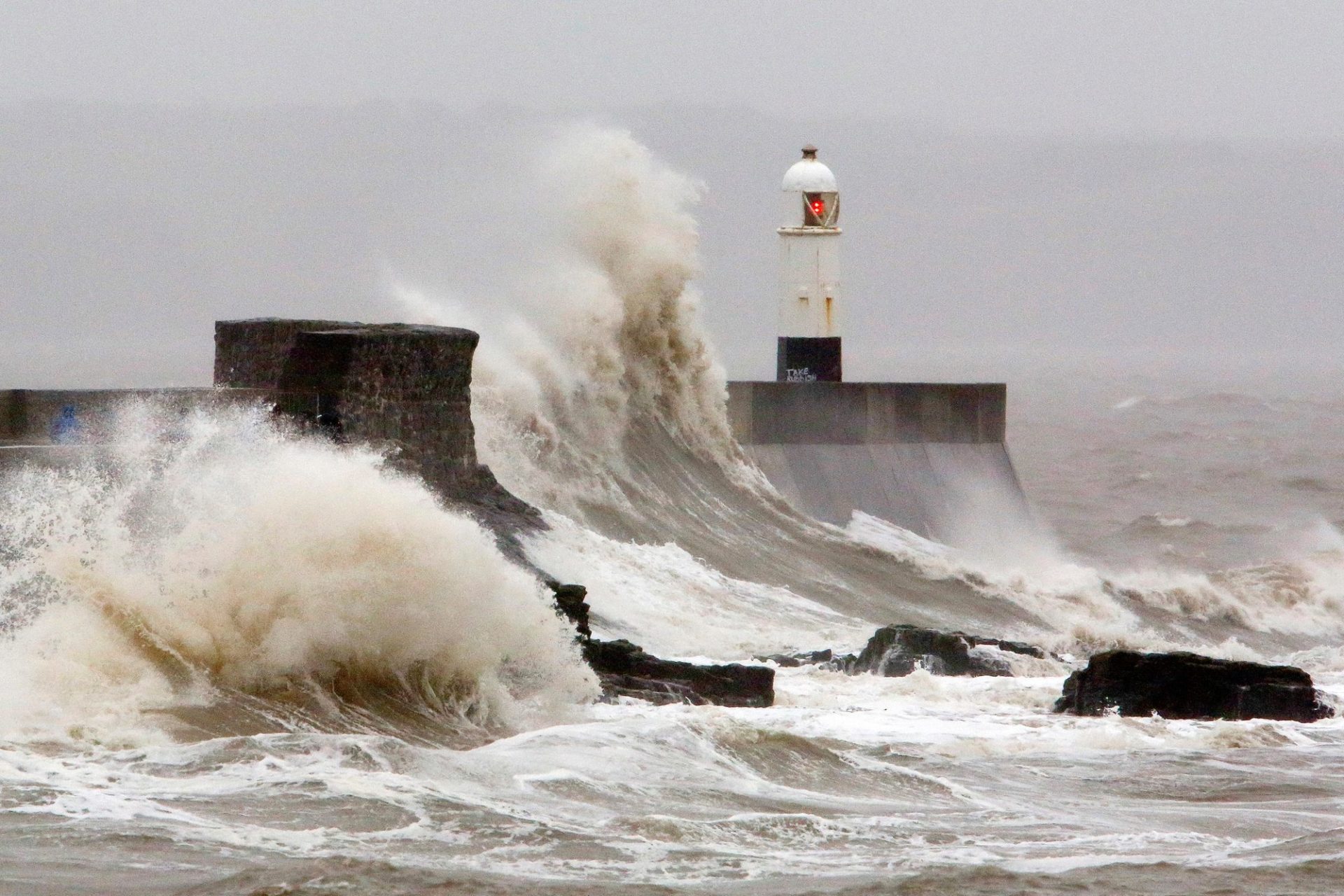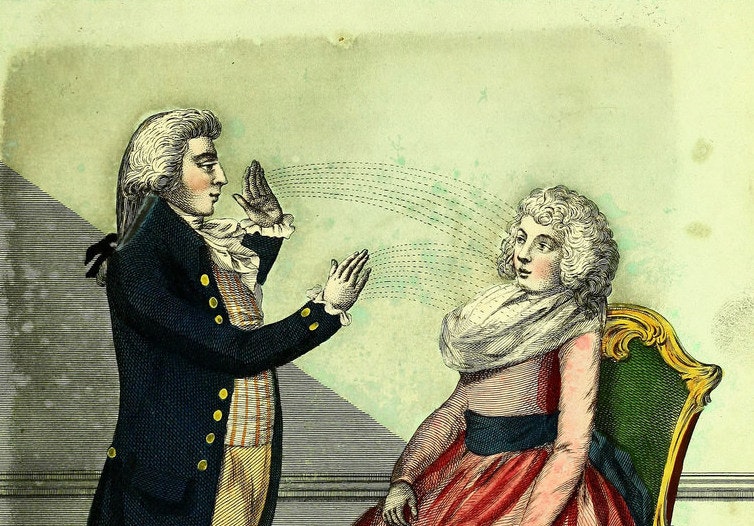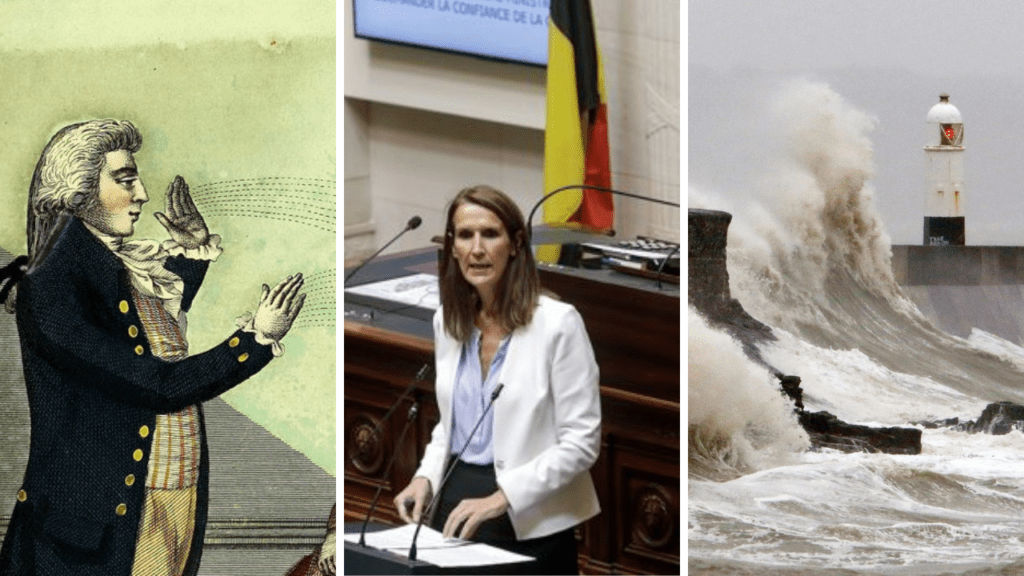On Thursday, the day after the National Security Council announced the relaxed coronavirus measures in Belgium, Prime Minister Sophie Wilmès said that there was "a very good chance" that more restrictions would be implemented soon.
The decision to relax the measures has drawn criticism from virologists, citizens and academics alike, with several universities in the country advising their students to not give in to the new rules, but to continue restricting their contacts as much as possible.
The new rule that people can have five close contacts per individual – instead of per household – every month that was announced on Wednesday, however, could be adapted quickly, according to Wilmès.
“I can already tell you that there is a very good chance that more restrictions will come in a short period of time,” she said in the House. “It is true that the evolution of the health situation in our country is not favourable.”
The approach will “evolve according to the epidemiological situation,” Wilmès said, adding that the more serious the health situation becomes, the more the number of recommended social contacts will be reduced.
So, what else is happening? Storm Odette will pass over Belgium today, the law on hypnosis needs to be updated, and Brussels extends its ban on alcohol in the city centre at night.
Belgium in Brief is a free daily roundup of the top stories to get you through your lunch break conversations. To receive it straight to your inbox every day, sign up below:
1. Number of Covid-19 patients in intensive care as high as in June
An average of 1,476.4 people per day tested positive for the new coronavirus (Covid-19) in Belgium during the past week, according to the latest figures by Sciensano on Friday.
The trend of new infections per day increased by 48% over the 7-day period from 15 to 21 September. On Monday 21 September, the last complete daily figure available, 1,970 new infections were recorded. Read more.
2. Storm Odette: 110 km/h winds expected in Belgium on Friday

The Royal Meteorological Institute (RMI) announced a code orange storm warning for storm “Odette” at the Belgian coast on Friday, expecting strong winds up to 110 km/h at the coast and up to 90 km/h in the rest of the country.
The RMI gives code orange for the Belgian coast and the West Flanders province from Friday 5:30 PM until Saturday morning 7:00 AM, meaning that “a lot of wind is expected in which (major) damage or nuisance is possible on a larger scale, and traffic can be seriously disrupted.”
At the coast, gusts of wind up to 110 km/hour are expected at the end of the afternoon and in the evening. In the rest of the country, the winds are expected to remain “moderate to strong” with gusts up to 90 km/h. Read more.
3. Why Belgium relaxed coronavirus measures as France tightens them
On Wednesday, Belgium and France both introduced new rules to curb the rising coronavirus figures, but while Belgium mostly relaxed previous measures, France announced additional restrictions.
Even though both countries are now coloured red on the coronavirus map of the European Centre for Disease Prevention and Control (ECDC), meaning over 120 new coronavirus infections per 100,000 inhabitants in the last two weeks, both countries took a vastly different approach. Read more.
4. Law on hypnosis is outdated and needs to be revised, says health council

Belgium’s law on hypnosis in healthcare is out of date and needs to be brought into the 21st century, according to an opinion published today by the High Council on Health.
The rules on the use of hypnosis in Belgium are laid down in a law from 1892. “This is no longer suited to the current professional diversification which is necessary for high-quality healthcare, and therefore requires updating,” the council says.
In addition, the general public is not sufficiently familiar with correct information on the subject, including those cases where hypnosis is indicated as a therapy, and the necessary safety conditions. Read more.
5. New EU areas become red travel zones for Belgians from today
Belgium has added several new areas in the European Union, including Copenhagen, Lisbon and Geneva, to its list of red zones for travellers from Friday, according to the latest updates of the Ministry of Foreign Affairs.
This means that Belgium will require travellers returning from these zones to be tested and quarantined from Friday 25 September at 4:00 PM. Up until this week, Belgium also banned all non-essential travel to red-zone destinations, but from now on, travel will only be “strongly discouraged.” Read more.
6. Belgium listed among European countries with ‘worrying trends’
Belgium’s recent coronavirus trends are concerning, the European Centre for Disease Prevention and Control (ECDC) judged on Wednesday.
The ECDC has divided European countries into groups of countries with stable trends, where the risk of infection is estimated to be low, and countries with “worrying trends,” which face a moderate risk of Covid-19 spreading throughout the population and the healthcare system.
Belgium has now jumped from the first to the second category, which has an elevated risk for vulnerable people given the increased risk of infection and the high impact of the disease. Read more.
7. Brussels extends night-time alcohol ban in city centre
The current ban on drinking alcohol in public, in force in the pedestrian zone in Brussels city centre, will be extended to other neighbouring areas, and last for a year, Brussels-City mayor Philippe Close has announced.
The ban was introduced after multiple complaints from local residents as well as visitors to the zone, especially after dark. The ban does not affect the sale of alcohol in shops, or the consumption of alcohol on cafe terraces. Read more.
Maïthé Chini
The Brussels Times

